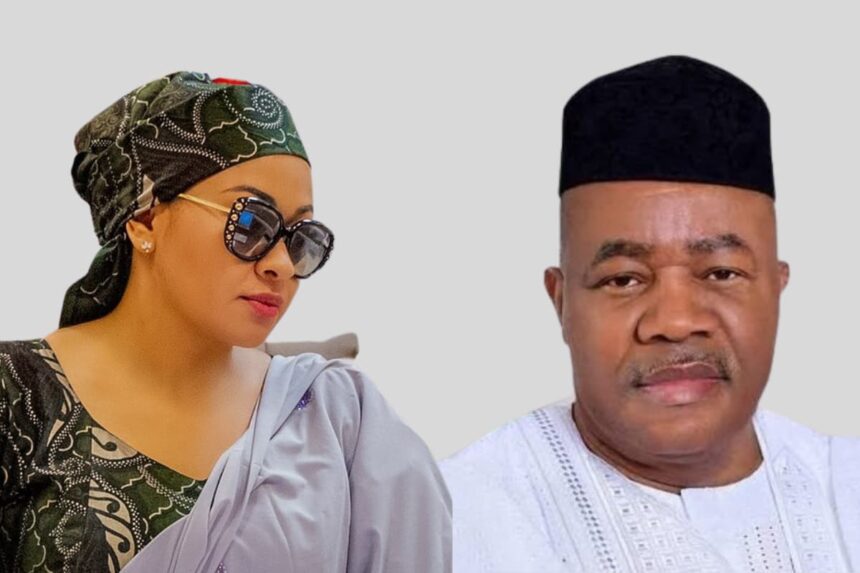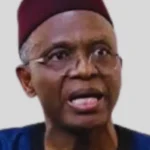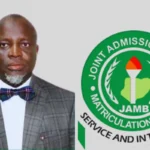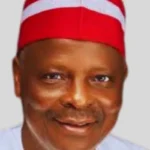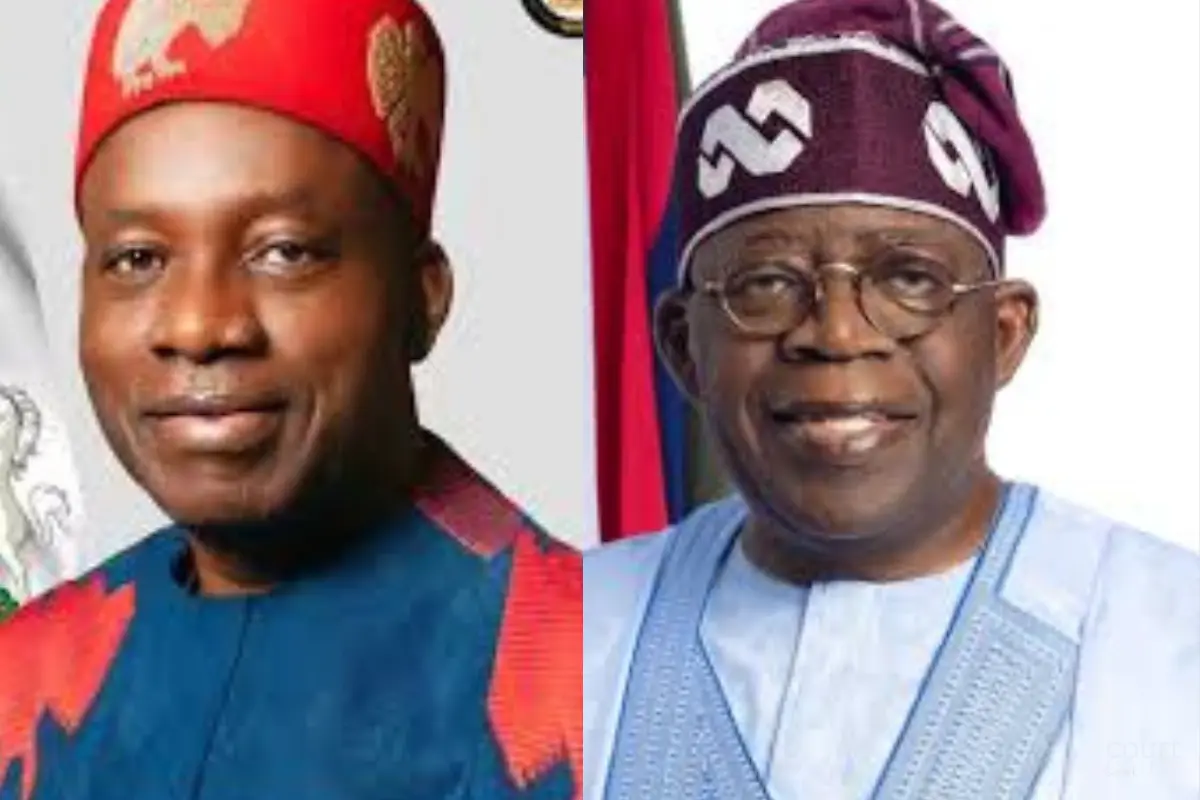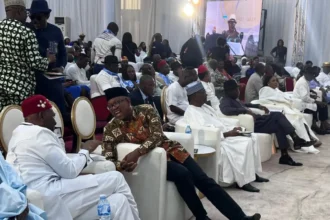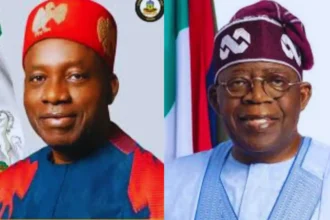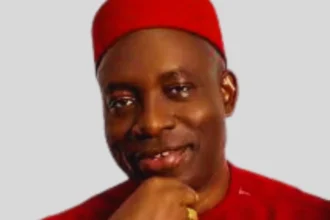In a significant development, the Senate Committee on Ethics, Privileges, and Public Petitions (SCEPPP) is set to conduct hearings concerning serious allegations of sexual harassment involving Senate President Godswill Akpabio and Kogi Central Senator Natasha Akpoti-Uduaghan. These hearings are expected to address accusations made by Akpoti-Uduaghan against Akpabio.
On Friday, Senate Deputy Chief Whip Onyekachi Nwebonyi confirmed during a broadcast on Channels Television that all parties involved in the matter, including Akpabio, will be summoned to testify. Nwebonyi clarified that additional senators who were allegedly present during the incident would also be called upon to share their accounts.
“All relevant parties will appear before the committee, including the Senate President, who will provide his testimony. The testimonies of other senators present will be documented as well,” Nwebonyi stated.
The controversy centers around an allegation made by Senator Akpoti-Uduaghan, a member of the opposition Peoples Democratic Party (PDP), who claimed that Akpabio sexually harassed her during a visit to his home in Uyo, Akwa Ibom State, in December 2023. According to Akpoti-Uduaghan, Akpabio made unwelcome advances, including holding her hand, guiding her through his residence, and behaving inappropriately in front of her husband.
The accusations have ignited significant debate both within the Senate and in public discourse in Nigeria and overseas.
However, Nwebonyi has dismissed the claims, suggesting they are part of a larger attempt to shift focus from other issues. He emphasized the lack of credible evidence supporting the allegations.
“In legal terms, when there is no prima facie evidence—evidence that can be clearly seen—there is no foundation for a case,” Nwebonyi argued. “We are not distracted by these accusations, which are clearly meant to divert attention. Many senators were present during the alleged incident, and as a key witness, I will testify to what I observed.”
The situation took a contentious turn when the Senate suspended Akpoti-Uduaghan shortly after she filed her petition against Akpabio, citing violations of Senate procedures. Akpabio, for his part, has denied the allegations.
In a bid to raise awareness and assert her position, Akpoti-Uduaghan took her case to the international arena. At the Inter-Parliamentary Union (IPU) meeting held at the United Nations in New York, she addressed the Women in Parliament session, publicly sharing her experience.
“I was unlawfully suspended after submitting a petition accusing Senator Akpabio of sexual harassment,” Akpoti-Uduaghan told the global assembly. “I had hoped that by filing this petition, both of us would voluntarily submit to a transparent investigation by the Senate Committee on Ethics, Privileges, and Public Petitions. Instead, I was silenced.”
Akpoti-Uduaghan framed her suspension within the broader context of gender inequality in Nigerian politics, asserting, “This issue is not just about me; it reflects the systemic exclusion of women from positions of political power in Nigeria.”
In contrast, Senate President Akpabio has forcefully denied all accusations, maintaining that he has never engaged in inappropriate behavior. He has called on the public to avoid rushing to conclusions, reiterating his commitment to gender respect.
“I have never harassed any woman at any point. I was raised by my late mother, and I have always honored women,” Akpabio emphasized. “I was even named the most gender-friendly governor in Nigeria.”
While acknowledging the growing public interest in the case, Akpabio urged restraint and caution, stressing that premature judgments would be unfair.
“I have been overwhelmed with calls on this matter since February 25. While I am aware of the discussions online, I ask Nigerians, the media, and social media users to withhold their conclusions,” Akpabio stated.
As the Senate Committee prepares to hear testimonies from both Akpabio, Akpoti-Uduaghan, and other potential witnesses, this case has sparked a wider conversation about gender equity, political accountability, and the pursuit of justice within Nigeria’s legislative body.
